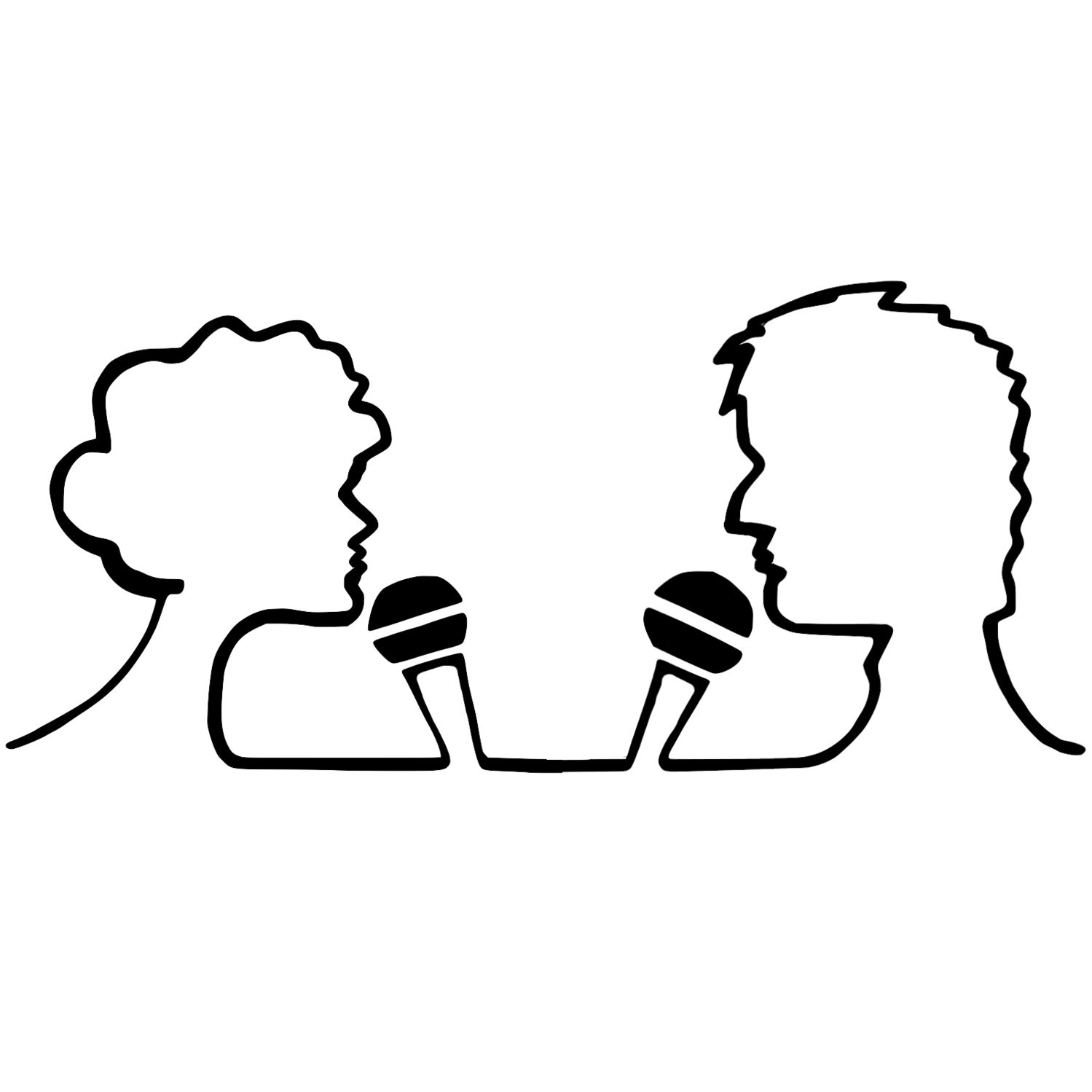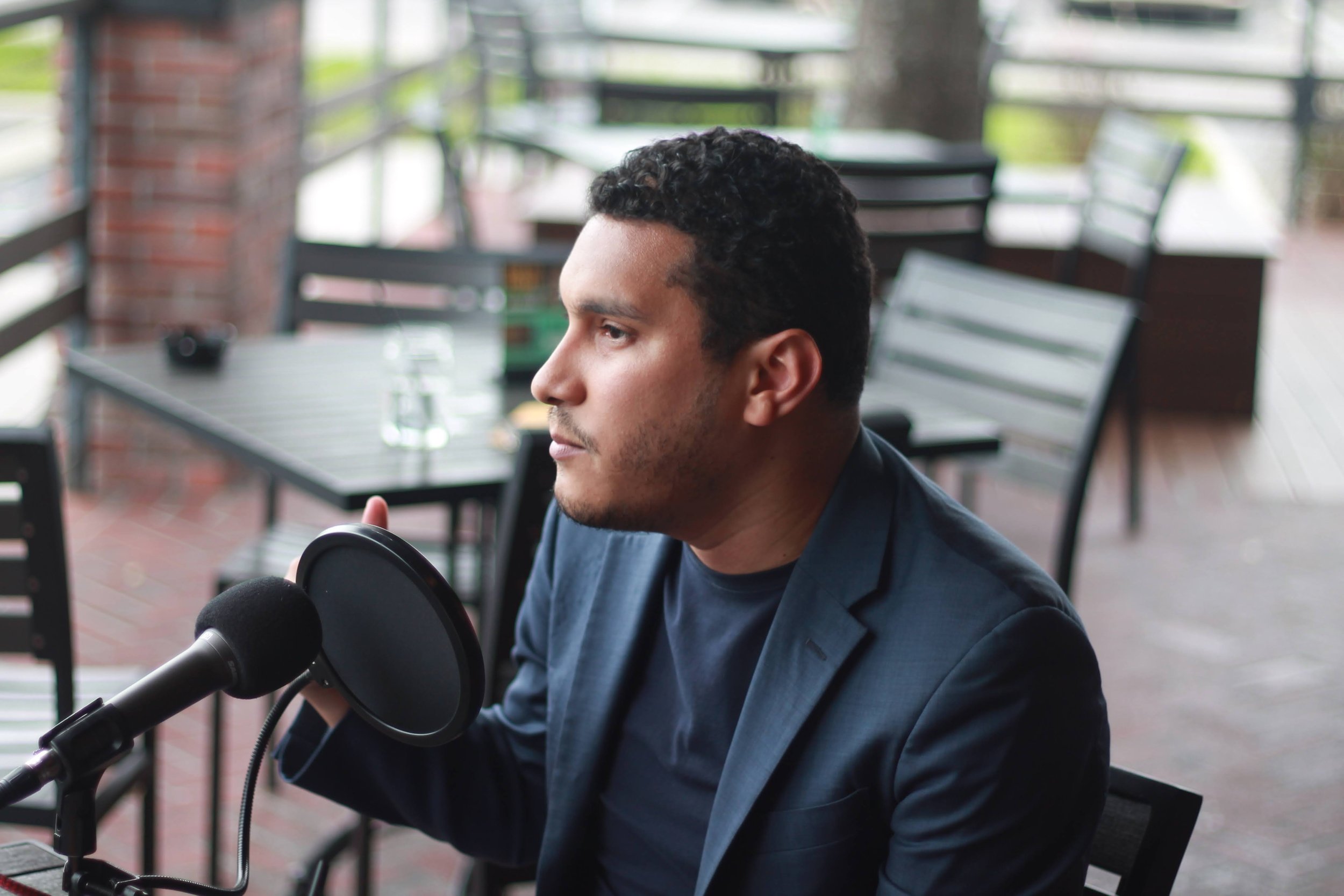Have you ever just though how easy it would be to control everything with your brain? Poof, the lights go on, and Netflix just chooses your favorite show. Beyond these niceties though, Dr. Marvin Andujar has bigger and better plans.
Read MoreOz Ismail went from being a research scientist taking pictures of bones, to a doctoral scientist, taking pictures of brains. He spent his PhD imaging as part of a project on Alzheimer’s disease. We talked to him about what’s known about the disease and the difficulties in treatment and diagnosis.
We also talked about how along the way he’s performed stand-up, worked with friends to create the Minorities in STEM community, and how he himself is co-host of a science podcast called Why aren’t you a doctor yet? Thankfully, Oz now is Dr. Ismail and currently playing up his Britishness in Portland, OR.
Read MoreAnkita Patil studies mircrotubules, which as the name suggests are small tube-like structures. They can assemble and disassemble in neurons to transport things around cells. Outside of her research though, Ankita is a mentor to other women in STEM as part of the Philadelphia chapter of the Association for Women in Science. She is also the City Coordinator for taste of science in Philadelphia and in whatever time she has left, she draws cartoons, often about science.
Read MoreMia Schaumberg always loved science, but she also loves exercise, so it would seem natural that she would end up as an exercise physiologist. Having received her doctorate she works as a lecturer at the University of the Sunshine Coast, whilst researching links between exercise and brain health in the ageing brain. During her PhD, though, she focused on how the contraceptive pill might affect athletic performance.
Read MorePart III of our Stanford Special.
Dr. Natalie Nevárez is first generation Mexican, the first in her family to go to college, but only the second to receive a scholarship from Pornhub (yes you read that right), and she’s proud of all of these things! She talked to us about her past and present research looking at how animals form attachments, and the importance of social networks in tackling problems like addiction. Natalie also talked to us about struggling through grad school, getting therapy and her love for community colleges. You can follow her fighting the good fight on twitter.
Read MorePart II of our Stanford Special.
No one wants someone poking around in their head and neither does your brain. This is a puzzle for scientists like Dr. Marc Ferro, who are interested in bioelectronics. He’s trying to develop brain implants to help in conditions like Parkinson’s disease, but how to do that when the brain wants to reject them?
Read MoreOxytocin is often touted as the “love hormone”, but it’s also the focus of neuroscientist Dr. Bianca Jones Marlin. Bianca sat down to tell us about her work on how trauma can be inherited, and how oxytocin helps the brain to adapt to caring for a newborn. Join us to hear about her experiences growing up in a unique family, how they inspired her research career and her own personal love story.
Now she’s a scientist, educator and communicator, and she’s shared her work in many venues, including taste of science in NYC. You can keep up with her appearances on twitter.
Read MoreSunlight, blue light, red light, sleep tight!
Virginie Gabel is a neuroscientist and a specialist in light and sleep cycles. Why do we sleep less when we're older and why do screens ruin our sleep? Why is our circadian rhythm important to our health, and how long should a "disco nap" be?
These are all important questions we tackled with her over our coffee and croissants.
Read MoreA chicken, an alligator and a turtle walk into a lab...
Just a few of the weird and wonderful species that Richard Wingate uses to study the cerebellum or the "little brain". When not wearing his anatomist's hat, he explores the fine line between science and art working with artists and non scientists to find out how they see the world of scientific research. Stay tuned in to hear the tale of the mysterious headless chicken.
Read MoreStarting out as a chemical engineer Megan Detloff decided that wasn't enough pain for her so she switched to neuroscience. Now as a researcher at Drexel University in Philadelphia, she looks at what she describes as the "pain of everyday living" or the pain that results from spinal cord injury.
Listen to her tell us more about using exercise as a treatment and the veterans that inspire her to keep going.
Read MoreBad habits, compulsive thoughts, irrational decisions — we're all plagued by them to varying degrees. But where do they come from? And what can we do to break the habit? Or, can people with issues like obsessive-compulsive disorder find successful treatment?
In this episode, we'll answer all of those questions and more with Dr Claire Gillan, who works in the field of cognitive and behavioral neuroscience. Claire applies behavioral sciences, psychophysiology, and neuro-imaging techniques to unravel the complicated web of learning, habit formation, and human behavior — with a focus on obsessive-compulsive disorder.
Read More










